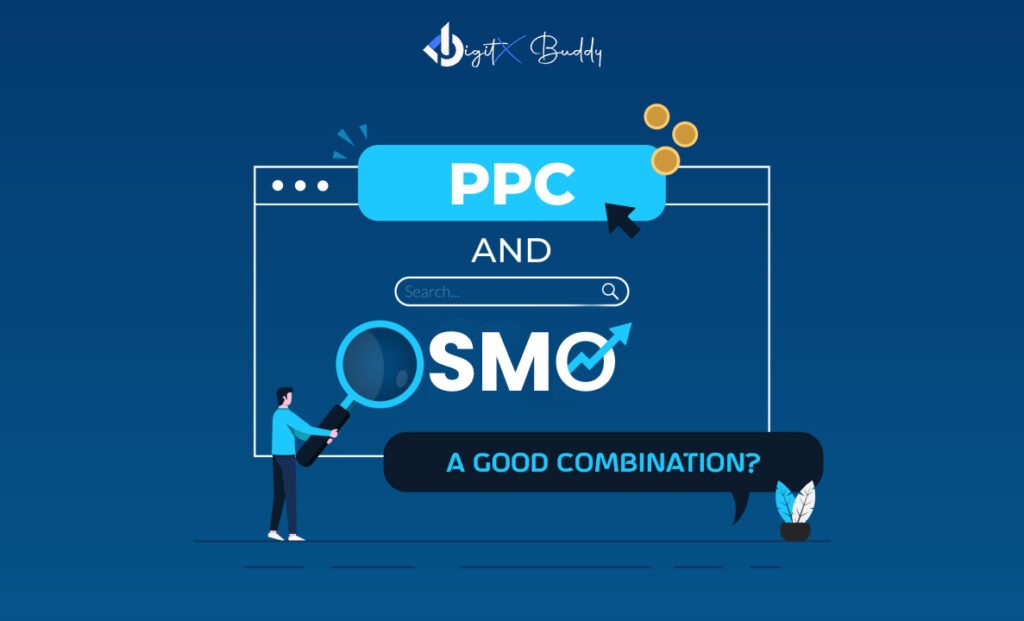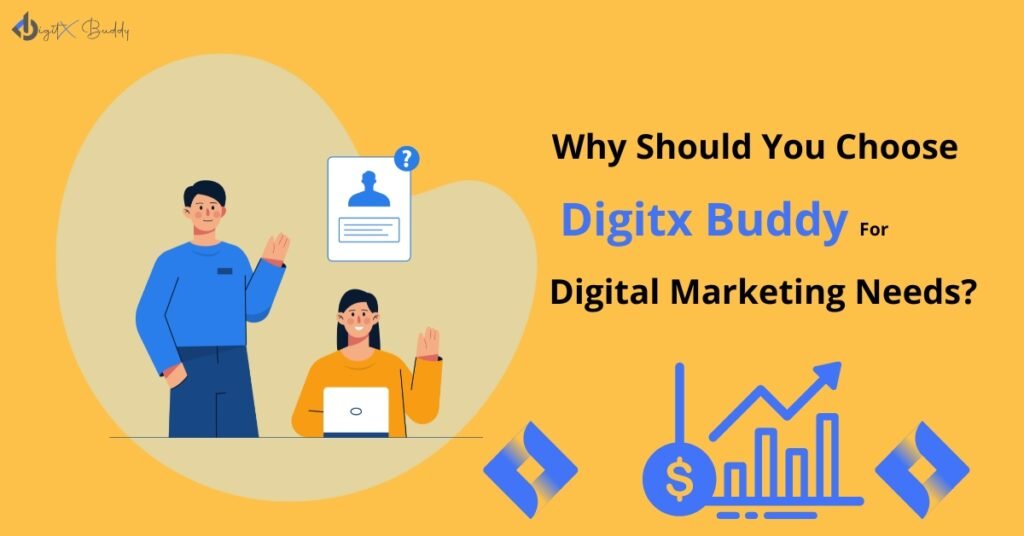In today’s digital age, where consumers are increasingly connected and businesses compete on a global scale, mastering digital marketing is essential for any organization’s growth and visibility. Let’s explore the fundamentals of digital marketing, its importance, types, strategies, and practical examples to help you navigate this dynamic landscape effectively.
Inside The Blog
What is Digital Marketing?
Digital marketing encompasses all marketing efforts that utilize digital channels and technologies to connect with current and prospective customers. These channels include search engines, social media, email, websites, and mobile apps. Essentially, it’s about leveraging digital platforms to promote products or services, build brand awareness, and drive customer engagement and sales.
Why is Digital Marketing Important?
Digital marketing offers numerous advantages over traditional marketing methods:
- Global Reach: Reach a vast audience across geographical boundaries.
- Targeted Advertising: Precisely target specific demographics, interests, and behaviors.
- Measurable Results: Track and analyze campaign performance in real time.
- Cost-Effectiveness: Often more affordable than traditional advertising channels.
- Interactivity: Engage directly with customers and build relationships.
Why Would You Choose Digital Marketing?
Digital marketing offers startups a myriad of benefits that traditional marketing methods struggle to match:
- Targeted Reach: With digital marketing, startups can target specific demographics, interests, and behaviors of their ideal customers, ensuring efficient use of marketing resources.
- Measurable Results: Unlike traditional marketing, digital marketing provides real-time analytics and metrics to measure the performance of campaigns. This allows startups to track ROI, identify areas for improvement, and optimize strategies accordingly.
- Global Reach: Digital marketing breaks geographical barriers, enabling startups to reach a global audience and expand their market reach beyond local boundaries.
- Interactivity and Engagement: Platforms like social media and email marketing foster direct engagement with customers, building relationships and fostering brand loyalty.
Why Do Startups Need Content Marketing?
Content marketing is a cornerstone of digital marketing strategies for startups. Here’s why it’s crucial:
- Building Brand Awareness: Content allows startups to showcase their expertise, share valuable insights, and establish thought leadership in their industry.
- Driving Organic Traffic: High-quality content optimized for SEO attracts organic traffic to your website, increasing visibility and brand awareness.
- Nurturing Leads: Content tailored to different stages of the buyer’s journey helps nurture leads and guide them towards conversion.
- Cost-Effective Marketing: Compared to traditional advertising, content marketing (such as blogging, videos, and social media posts) offers long-term value and ROI, making it ideal for startups with limited budgets.
Why Startups Should Outsource Digital Marketing Services?
Outsourcing digital marketing services to a reputable agency like DigitX Buddy can offer startups several advantages:
- Expertise and Experience: Digital marketing agencies have specialized knowledge and experience in various facets of online marketing, including SEO, PPC, social media management, and content marketing.
- Cost Efficiency: Outsourcing eliminates the need for hiring and training in-house marketing teams, reducing overhead costs and allowing startups to allocate resources more efficiently.
- Access to Tools and Technology: Agencies often have access to advanced tools and analytics platforms, enabling startups to leverage data-driven insights for better decision-making and campaign optimization.
- Scalability: Digital marketing agencies can scale campaigns according to the startup’s growth trajectory, ensuring flexibility and adaptability as business needs evolve.
Types of Digital Marketing
Digital marketing comprises various strategies and channels:
- Search Engine Optimization (SEO): Optimizing websites to rank higher in search engine results pages (SERPs).
- Pay-Per-Click (PPC) Advertising: Paid ads are displayed prominently in search engine results or on social media platforms.
- Social Media Marketing (SMM): Using social media platforms to connect with audiences and promote brands.
- Content Marketing: Creating and distributing valuable, relevant content to attract and retain a target audience.
- Email Marketing: Sending personalized messages and updates to subscribers via email.
- Influencer Marketing: Collaborating with influencers to promote products or services to their audience.
- Affiliate Marketing: Partnering with affiliates who earn commissions for driving traffic or sales to your website.
What Does a Digital Marketer Do?
A digital marketer plans, implements, and manages digital marketing campaigns to achieve specific business goals. Their responsibilities include:
- Conducting market research and identifying target audiences.
- Developing digital marketing strategies aligned with business objectives.
- Monitoring and optimizing campaign performance using analytics tools.
- Managing budgets and ensuring ROI on marketing investments.
- Staying updated with industry trends and best practices.
Inbound Marketing vs. Digital Marketing: Which is it?
Inbound marketing is a subset of digital marketing that focuses on attracting customers through relevant and helpful content, rather than interruptive advertising. While digital marketing encompasses a broader range of tactics, inbound marketing emphasizes creating valuable experiences that resonate with audiences and foster long-term relationships.
Does Digital Marketing Work for All Businesses?
Yes, digital marketing can be effective for businesses of all sizes and industries. Whether you’re a startup, small business, or large corporation, leveraging digital marketing strategies tailored to your goals and audience can yield significant results. The key lies in understanding your market, crafting compelling messages, and deploying targeted campaigns across appropriate channels.
How to Do Digital Marketing
Effective digital marketing requires careful planning and execution:
- Set Clear Goals: Define specific objectives such as increasing website traffic, generating leads, or boosting sales.
- Know Your Audience: Conduct market research to understand your target demographic’s needs, behaviors, and preferences.
- Choose the Right Channels: Select digital channels that align with your audience and business goals.
- Create Compelling Content: Develop high-quality content that engages your audience and drives action.
- Optimize for SEO: Implement SEO best practices to improve organic search visibility and attract more traffic.
- Monitor and Measure: Use analytics tools to track performance metrics and adjust strategies based on data insights.
You can Outsource DigitX Buddy for digital marketing.
In conclusion, digital marketing is a powerful tool that empowers businesses to reach their target audiences effectively, drive engagement, and achieve measurable results. Whether you’re looking to increase brand awareness, drive sales, or foster customer loyalty, embracing digital marketing strategies tailored to your business can propel you toward success in the digital era. Ready to elevate your digital presence?
Contact DigitX Buddy, the premier digital marketing agency across Delhi, and embark on a journey toward maximizing your online potential. Let’s navigate the digital landscape together and unlock new opportunities for your business.

